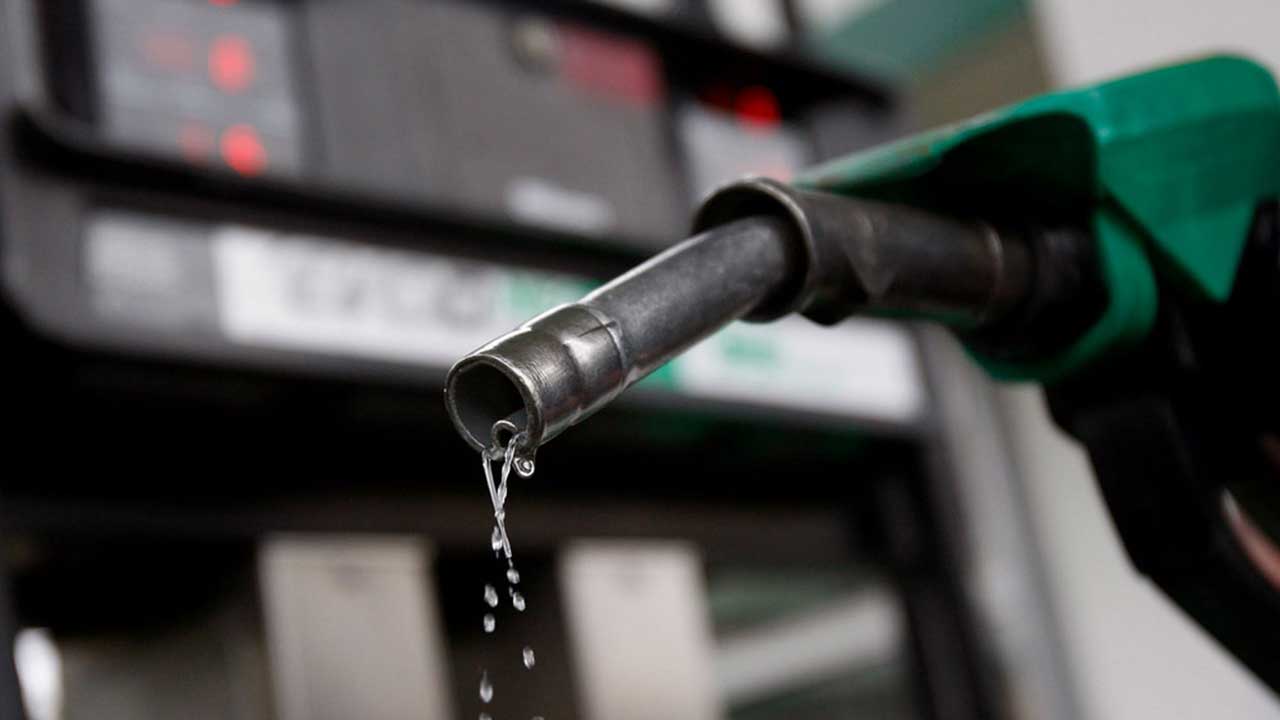For labour leadership, resisting the subsidy removal is akin to a religious edict which must be obeyed at all cost and forever… The government’s strategy ought to have been to engage more stakeholders and dilute rather than strengthen labour’s position as the only legitimate social or economic group to discuss Nigeria’s most important fiscal issue with.”
The Nigerian National Petroleum Corporation (NNPC) says it will maintain the current ex-depot price of premium motor spirit (PMS), better known as petrol, until the end of negotiations with organised labour.
The Group Manager, Public Affairs Division of NNPC, disclosed this in a statement on Friday, 26 March after the NNPC General Managing Director (GMD), Mele Kyari, had said earlier last week that the NNPC could no longer bear the cost of subsidy. Kyari had disclosed that NNPC pays between N100-120 billion a month to keep the pump price of N167 per litre at the current levels.
In February, the Minister for Petroleum Resources, Timipre Sylva, had warned Nigerians to get ready to bear the pains of increased petrol pump price as crude oil prices climb above $60 per barrel.
The increase in the global prices of crude oil should ordinarily be a boom for Nigerian government finances and the Nigerian economy as it improves revenue and enables the government to invest more in social services and physical infrastructure i.e. things that benefit everyone, especially the poor, and makes the economy more productive.
Also Read: Nigeria Looking The Way Of Gas To Buffer Subsidy Removal Pain
But with the Government having to subsidize the domestic cost of petroleum, the Nigerian Government once again forgoes the opportunity to invest in education, healthcare, roads, policing, etc. At around 13 million, Nigeria has the highest number of children out of school in the world.
Victor Eromosele, Chairman of the Centre for Petroleum Information, commented on 2019 fuel subsidy, “Another way to paint the picture is that the [initial] N1.4trn estimate for subsidy payments is nearly five times the annual capital budget appropriation for agriculture, education, healthcare, and trade and investment combined.”
In addition to being crowned the world capital of poverty in 2018 on account of having the greatest number of people (86 million) living in extreme poverty in the world, Nigeria in March 2021 became the country with the second-highest unemployment rate in the world.
This ghastly welfare and economic outcomes are explained less by “corruption”, an obsession for Nigerians and their political leaders than by policies such as the petroleum subsidy which misallocates billions of dollars to very unproductive goals.
Assuming the corruption is maintained at current levels in Nigeria’s Ministries, Departments and Agencies (MDAs), allocating the fuel subsidy to federal and state MDAs would produce better welfare and growth outcomes. It would mean more money is available to pay policemen and women, teachers, build roads, etc. even if some of the money would be lost to corruption.
The petroleum subsidy is an all-round loss to poor Nigerians:
- 67% of subsidized petroleum is consumed by better-off citizens in Nigeria’s richer cities
- The fuel subsidy regime facilitates billions of dollars in fraud from which less than 1% of the nation benefit
- It long prevented the emergence of a domestic refining industry and may have led to the emergence of a monopolistic domestic refiner
- Subsidised Nigerian petrol is smuggled widely to neighbouring countries
The Federal Government’s decision to make removal of the exorbitant petroleum subsidy subject to an agreement with the labour movement despite several announcements of the “death” of the subsidy regime by officials of the same government indicates deficient political will.
Also Read: Nigeria Would Benefit From Subsidy Removal – World Bank President
Labour leaders have been completely unconcerned with the role of the subsidy in grossly unequal distribution of resources, in fueling poverty, and promoting massive fraud. For labour leadership, resisting the subsidy removal is akin to a religious edict that must be obeyed at all cost and forever. Generations of labour leaders have used resistance to eradicating the subsidy to build a national following beyond the roughly 5 million members they represent.
The Federal Government could have designed programmes to alleviate the impact of the removal of the subsidy and try to sell such not only to labour but mobilise a wider spectrum of opinion, including employers of labour, behind it. The government’s strategy ought to have been to engage more stakeholders and dilute rather than strengthen labour’s position as the only legitimate social or economic group to discuss Nigeria’s most important fiscal issue with. Government could offer labour and other social groups a role in monitoring the social schemes designed to alleviate the impact of the subsidy removal.

